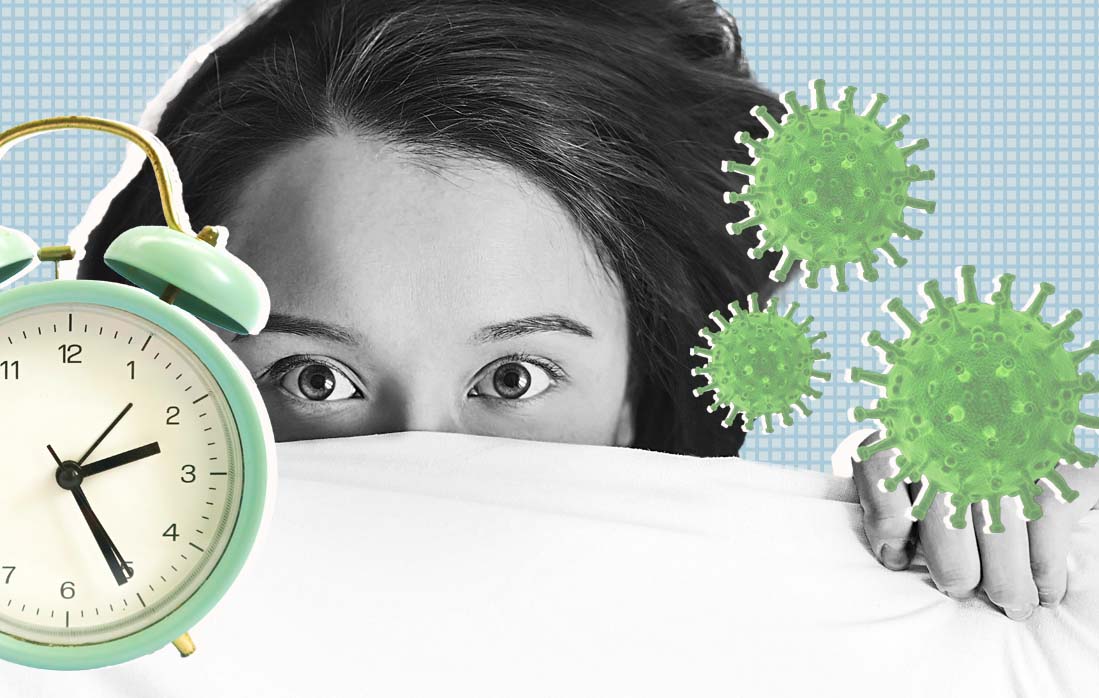
Suffering from COVID-somnia thanks to pandemic-related worries? Have no fear, our sleep experts are here with a roundup of 11 tips that helped them get some shut-eye in the times of COVID-19.
11 Tips for Battling COVID-somnia
- Yoga
- Meditation Apps
- Drinking Bedtime Tea
- Reading
- Looking Out for Others
- Devotions and Prayer
- CBD Products
- Long Bedtime Routine
- Structured Daytime Routine
- Taking Hot Showers
- Taking Magnesium
1. Yoga
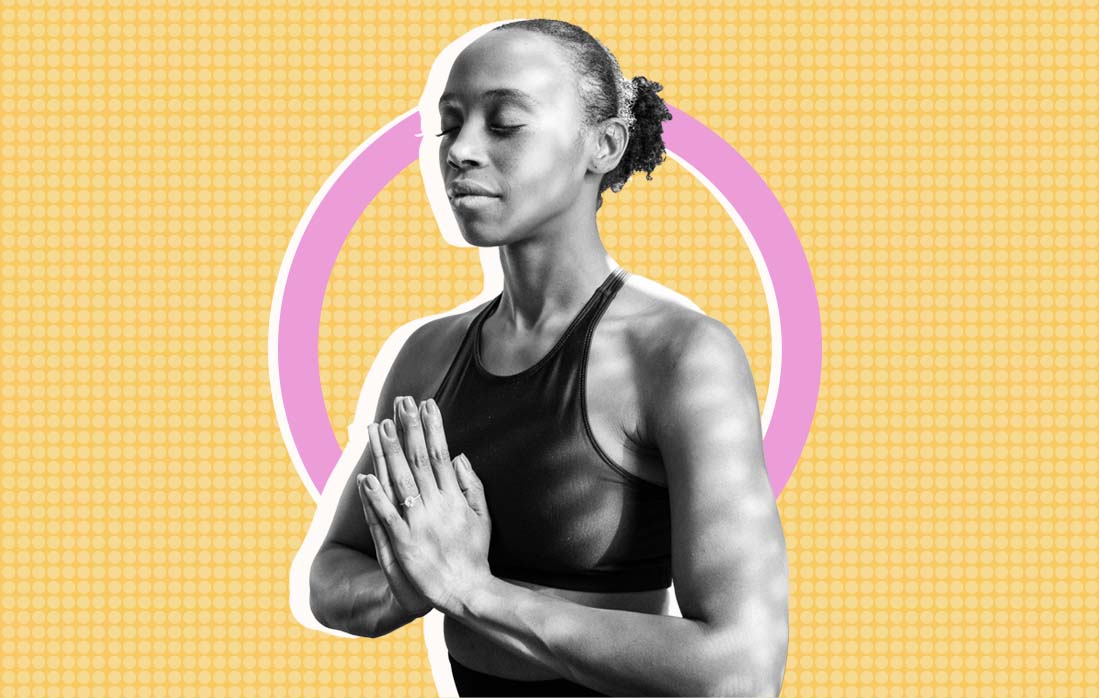
Mattress Nerd Staff Writer Becca Fair enjoys yoga, followed by a hot shower. She enjoys performing deep breathing and basic stretches, but more specifically, the cat-cow pose, which she says “helps relax tension in your back and shoulders!”
Mattress Clarity Editor Elisa Regulski prefers yoga nidra. According to the Cleveland Clinic, yoga nidra is a yoga style that can be performed on a mat, blanket, or better yet – your bed. It’s all about “slowing down and chilling out,” similar to meditation, but different.
“There are overlaps, but there also are key differences. With yoga nidra, you are lying down and the goal is to move into a deep state of conscious awareness sleep, which is a deeper state of relaxation with awareness. This state involves moving from consciousness while awake to dreaming and then to not-dreaming while remaining awake — going past the unconscious to the conscious,” yoga therapist and yoga program manager, Judi Bar, told Cleveland Clinic healthessentials.
To further unlock your inner yogi, try out these 5 yoga poses to help wind down your mind and body before bed.
2. Meditation Apps
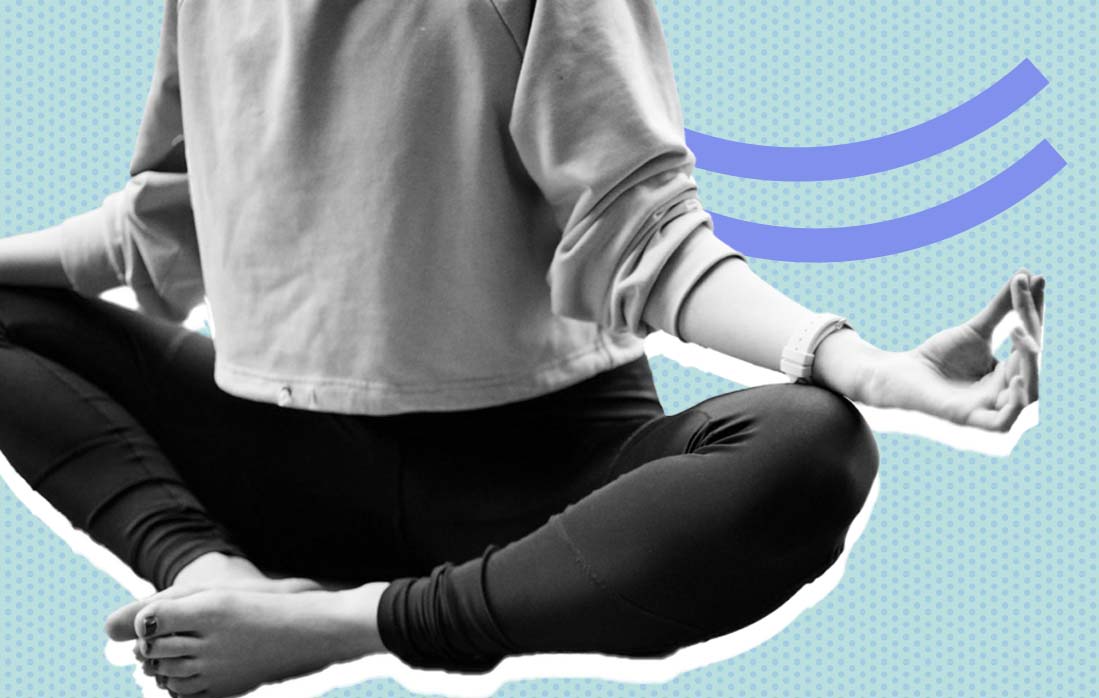
Performance Editor Barry Bridges enjoys meditation apps, like Calm, while our Content Marketing Strategist, Vanessa Osorio, prefers Headspace guided meditations. (I also highly recommend Peloton’s Power of Sleep program.)
Barry particularly enjoys Calm’s Letting Go Into Sleep meditation. He called it a good option for “slowing down a racing mind.”
Vanessa enjoys the following Headspace meditations:
- Falling Back to Sleep
- Racing Mind
- Sleeping
She says, “[These meditations] really put me in a state of relaxation that drifted me off to sleep. I found them very soothing and I noticed them working pretty effectively the more I trained my mind to unwind with them at night.”
Dr. Herbert Benson, the director emeritus of the Harvard-affiliated Benson-Henry Institute for Mind Body Medicine, told Harvard Health Blog that “mindfulness meditation is just one of a smorgasbord of techniques that evoke the relaxation response.” He recommends completing mindfulness practices for at least 20 minutes a day.
For more, check out our Headspace vs Calm meditation app comparison.
3. Drinking Bedtime Tea
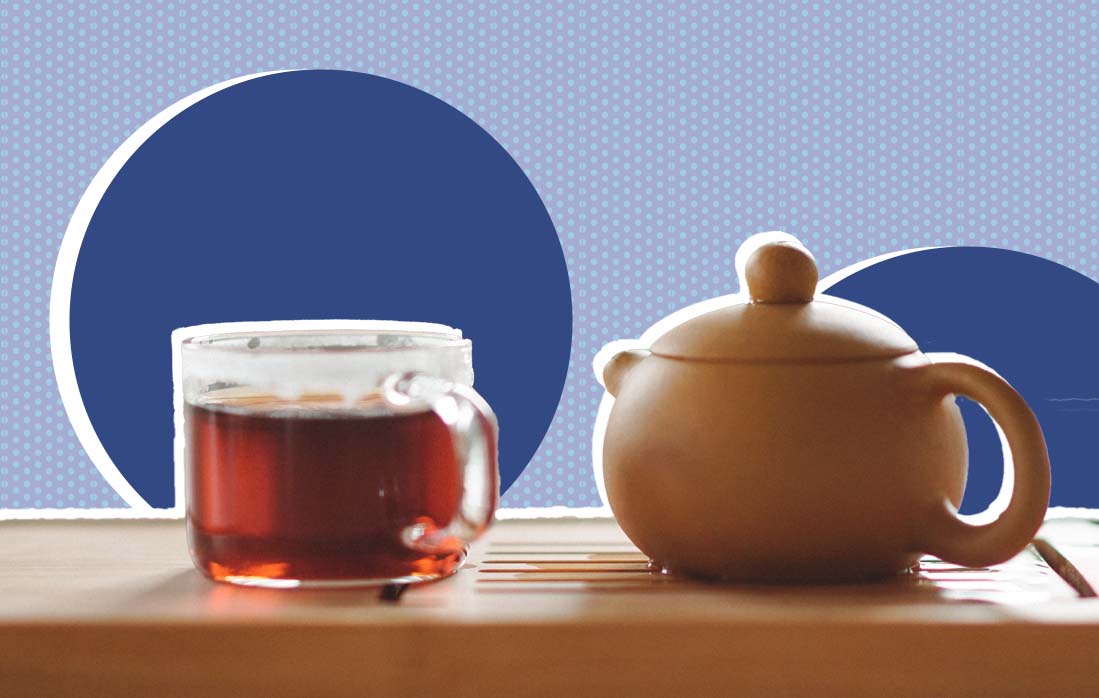
Calling all tea drinkers. Elisa and Staff Writer Marissa Merkt love drinking bedtime tea. And so do I!
My preference is popping my Celestial Seasonings Sleepytime® tea K-cup into my Keurig for some quick and easy nighttime relaxation. I always flavor my tea with lemon juice and toss the wedge into my cup after. And sometimes, I’ll include a dash of natural, calorie-free sweetener or a small pour of almond milk.
Marissa also enjoys Sleepytime® tea, plus Trader Joe’s Well Rested Herbal Tea. Elisa likes sipping on Yogi Kava Stress Relief® tea.
Chamomile tea is “full of antioxidants, promotes calmness and can reduce anxiety,” Dr. Matthew Schmitt, a doctor of sleep medicine at Piedmont Healthcare in Georgia, told CNN. Dr. Raj Dasgupta, a pulmonary and sleep doctor and an assistant professor of clinical medicine at Keck School of Medicine at the University of Southern California, also told CNN that both ashwagandha and valerian root tea can play a similar role to the neurotransmitter gamma-aminobutyric acid, or GABA, which controls excited activity in the brain.
Check out our best bedtime tea makers for the hottest kettles, tea makers, and teapots.
4. Reading
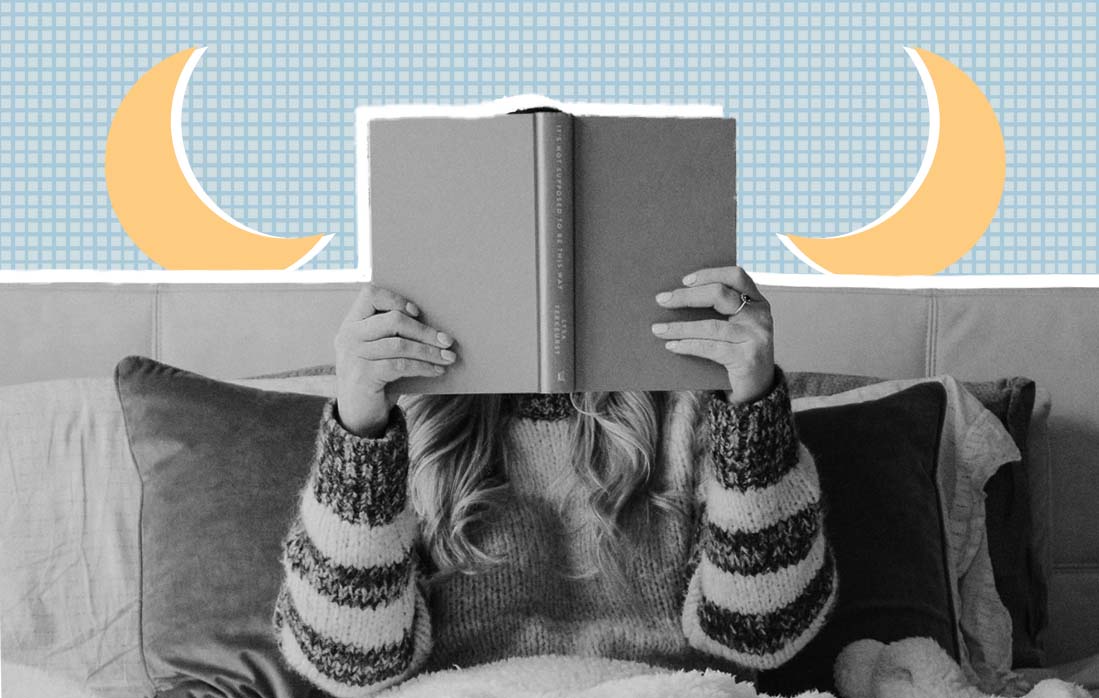
Reading was another popular activity, and for good reason: Raman Malhotra, MD, an associate professor of neurology at the Washington University Sleep Center in St. Louis, Missouri, told Refinery29, “The main reason reading may help some fall asleep is that it allows your mind some time to rest and relax before turning out the lights to fall asleep.”
Rachel Pasche, a staff writer, mostly enjoys fiction or fantasy when reading. She loves murder mysteries, but avoids them before bed. “I usually have like a ‘serious book’ and a ‘fun book’ going simultaneously, and I always read the ‘fun book’ before bed so it’s something to look forward to!!” she says.
Dr. Malhotra also noted that a relaxing book is probably a better bet than a genre that could make you anxious. Looks like Rachel had the right idea — no murder mysteries.
Inspired to turn reading into a bedtime habit? Turn the page to our roundup of the best reading lamps.
5. Looking Out for Others
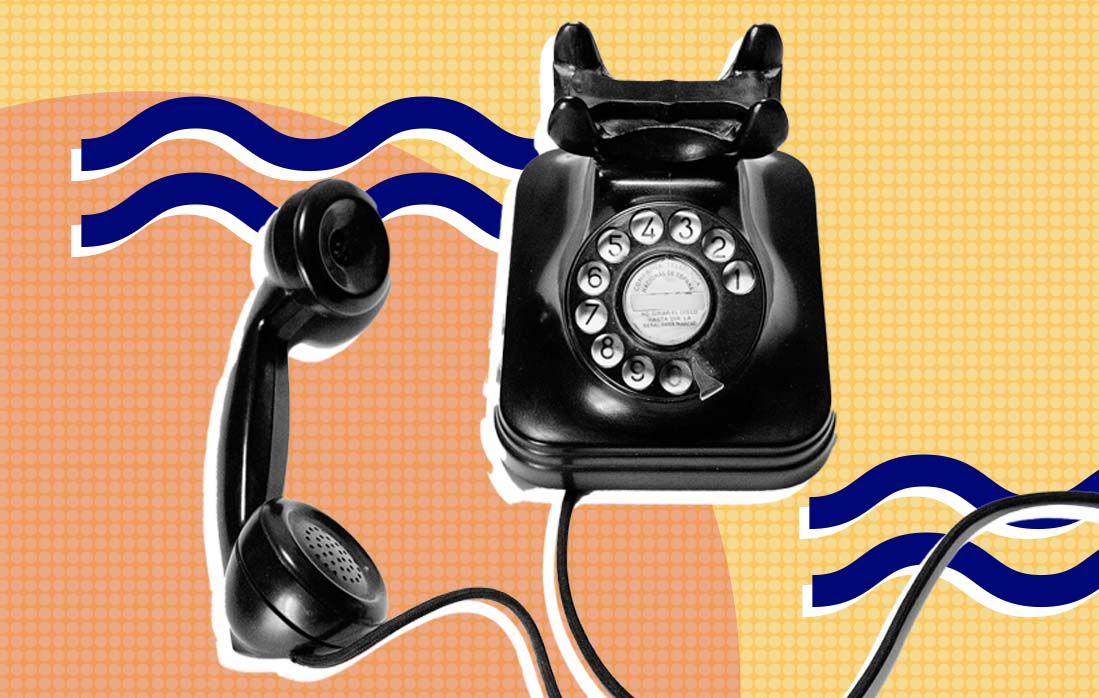
Victoria Wildhorn, a content marketing strategist, finds checking on loved ones who are sick does the trick. Whether someone is sick with COVID-19 or something else, reaching out to those she cares about helps tame her worries.
Now this one might sound like a no-brainer, but it’s an important one to mention. According to the National Alliance on Mental Illness, or NAMI, checking in on others not only helps you, but it can help those struggling feel supported and heard. Check on a friend today.
To learn more about how anxiety can keep you up at night, check out our piece, All About Anxiety: Why Is It Preventing You From Sleeping?
6. Devotions and Prayer
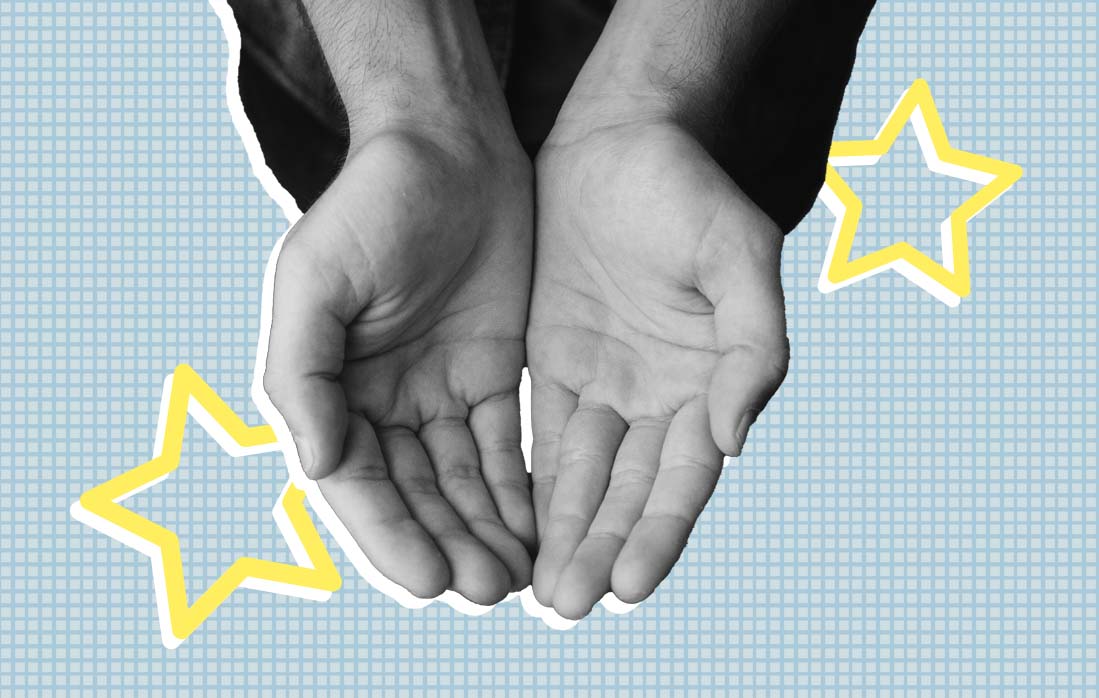
What started during a time of crisis for senior editor Waynette Goodson has turned into a regular ritual. When she finds herself tossing and turning, Waynette gets out of bed, makes herself some oatmeal, reads devotions or prays, and then tops the whole thing off with a spa wrap that she heats up in the microwave before going back to bed.
Not big on prayer? No problem. Christina Pierpaoli Parker, Ph.D., and a postdoctoral clinical research fellow at the University of Alabama tells Sleepopolis, “on nights when you struggle to fall or return to sleep … consider getting out of bed and going into another room. Keeping a dim light on, do something relaxing and rote – like a guided meditation or folding the laundry. When you feel sleepy, return to bed.”
As we know, reading is great before bed, so whether it’s faith-based or not, any relaxing read before bed is a good plan.
Waynette might be onto something with the oatmeal, too: Cynthia Pasquella, CCN, CHLC, CWC, told Good Housekeeping that oatmeal can actually help you get to sleep too. Pasquella explained that oatmeal, like whole-grain bread, triggers insulin production and naturally raises your blood sugar, making you feel more sleepy. She also said it’s rich in melatonin.
Want to learn more about what goes on after a late-night snack? Check out: Digestion and Rest: Learning More About the Sleep-Gut Connection.
7. CBD Products

Elisa also employs CBD products in her nighttime routine, with her favorite being The O.G. TONIC. This CBD and ashwagandha combo comes in a 15ML or 30ML container, and is used by squeezing drops of the oil onto your tongue. The TONIC site recommends starting with a small dosage and working your way up, listening to your body’s needs as you go.
While large studies on the effectiveness of CBD for sleep are minimal, Jeff Chen, MD, MBA, the founder of the UCLA Cannabis Research Initiative and co founder and CEO of Radicle Science, shared a 2019 study with Insider that found “72 adults with anxiety and sleep troubles found that doses of CBD ranging from 25 milligrams to 75 milligrams improved sleep in 66.7% of participants.”
Dr. Chen also shared a trusted 2018 study where “27 healthy participants found that a dose of 300 milligrams of CBD had no significant effect on sleep versus a placebo.”
While it’s tough to see the definite benefits of CBD in the research, there’s always personal trial and error. If it works for you, let me know with a note to carley.prendergast@pillarfour.com.
Interested in more CBD products to help with your sleep? Take a look at our Best CBD for Sleep roundup.
8. Long Bedtime Routine
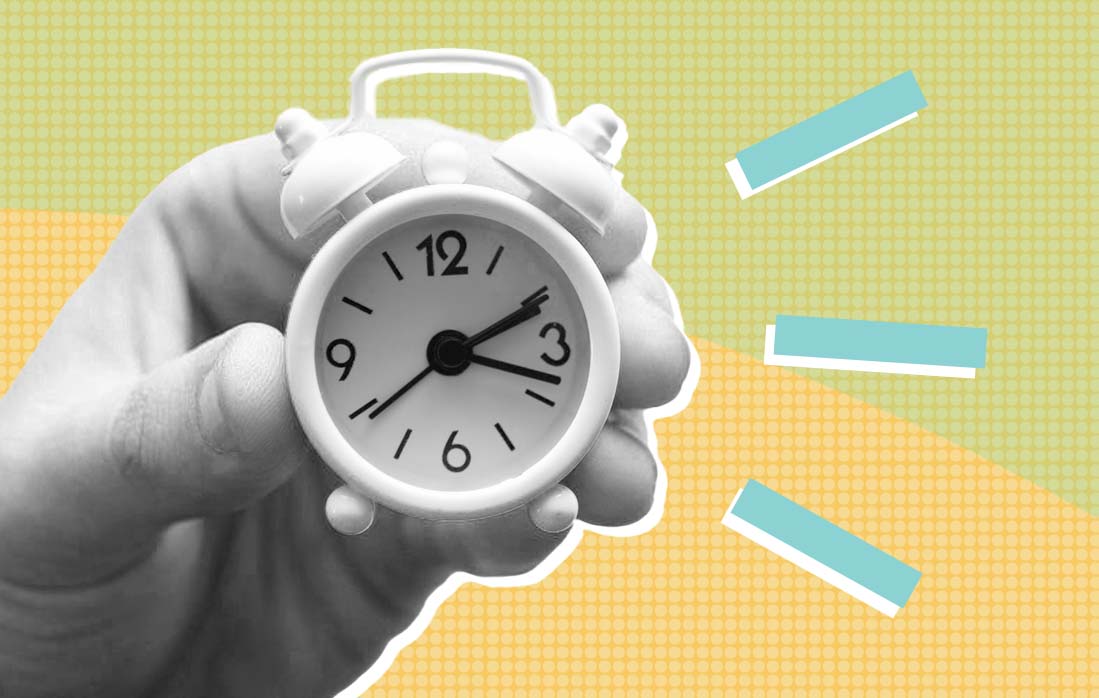
Rachel prefers a drawn-out routine before sleep. She told us, “I have developed a tediously long bedtime routine and I get so lulled/bored by it that by the end I am a thoughtless body ready for sleep.“ She says the whole process from start to finish is about 45 minutes and, “I usually only make it about 20 minutes before I totally pass out.”
Ready for it? Here’s what to do:
- Leave all technology outside the bedroom, including phone and laptop
- Stretch it out
- Plug in a diffuser with lavender
- Wash your face
- Brush your teeth
- Brush your hair
- Cozy up and read
Think you’ll try it out for yourself? She found that this routine helps her fall asleep faster and easier.
Rebecca Scott, a research assistant professor of neurology at the NYU Langone Comprehensive Epilepsy Center—Sleep Center, told TIME that “most of us cannot sleep on command, but routine helps the brain know that it’s preparing for sleep.” And especially due to the times we face today, most agree that routines are great to keep going.
In need of a plan to get the kiddos to bed? Check out our article on the perfect bedtime routine for kids.
9. Structured Daytime Routine
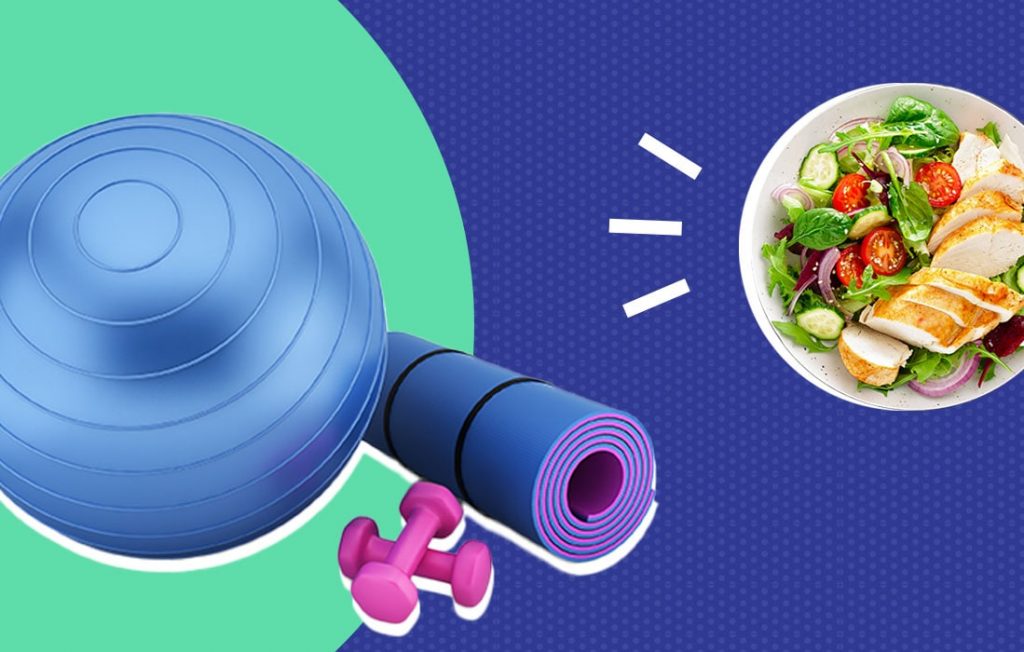
Daytime routines matter too.
Not only should you go to bed around the same time each night, but have a plan for your day too. Figure out what times work best for you to wake up, eat, and exercise.
Dr. Carleara Weiss, Sleep Science Advisor at Aeroflow Sleep, tells Sleepopolis, “our biological clock (or circadian rhythm) uses the timing for our activities such as waking up, eating meals, exercising, and environmental cues such as light exposure to synchronize our metabolism, immune function, and sleep.”
This is crucial especially if you’re immunocompromised or stuck in the house quarantining. Your routine is everything.
Wondering what foods can help you sleep better? Check out these 7 Super Foods That Help You Sleep
10. Taking Hot Showers
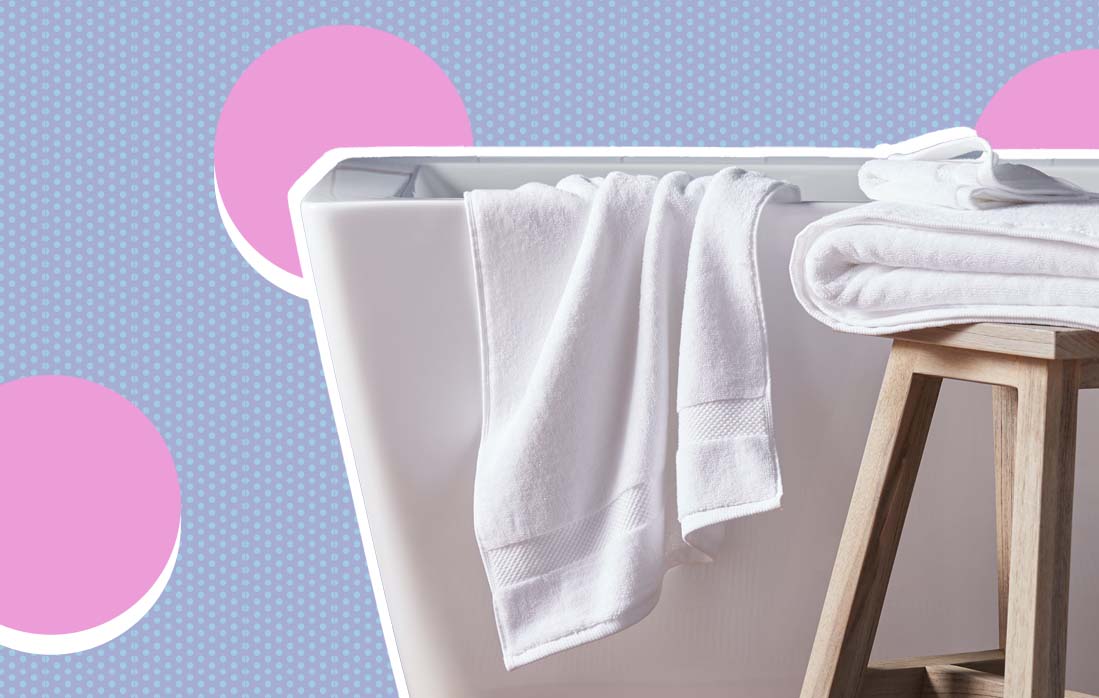
Yoga-lover Becca also often takes a hot shower before bed. Not only is it the best way to get clean after a yoga session, it can also help with sleep, according to experts. Because your circadian rhythm is guided by both light and body temperature, you want “your body temperature to decrease in order for melatonin to increase,” sleep specialist Whitney Roban, PhD, told Well + Good.
“When you get out of a hot shower, your body temperature is going to drop, and the production of your melatonin is going to increase,” she added. “And that will help you feel sleepy.”
Dr. Parker also told Sleepopolis that she recommends a hot shower 1-2 hours before your routine sleep time. Sounds like a good deal to me. Time to scrub-a-dub-dub and hop in the sheets.
Need water for a pick me up instead of a lay me down? Check out Grab a Glass: Drinking More H2O Could Combat Your Fatigue.
11. Taking Magnesium
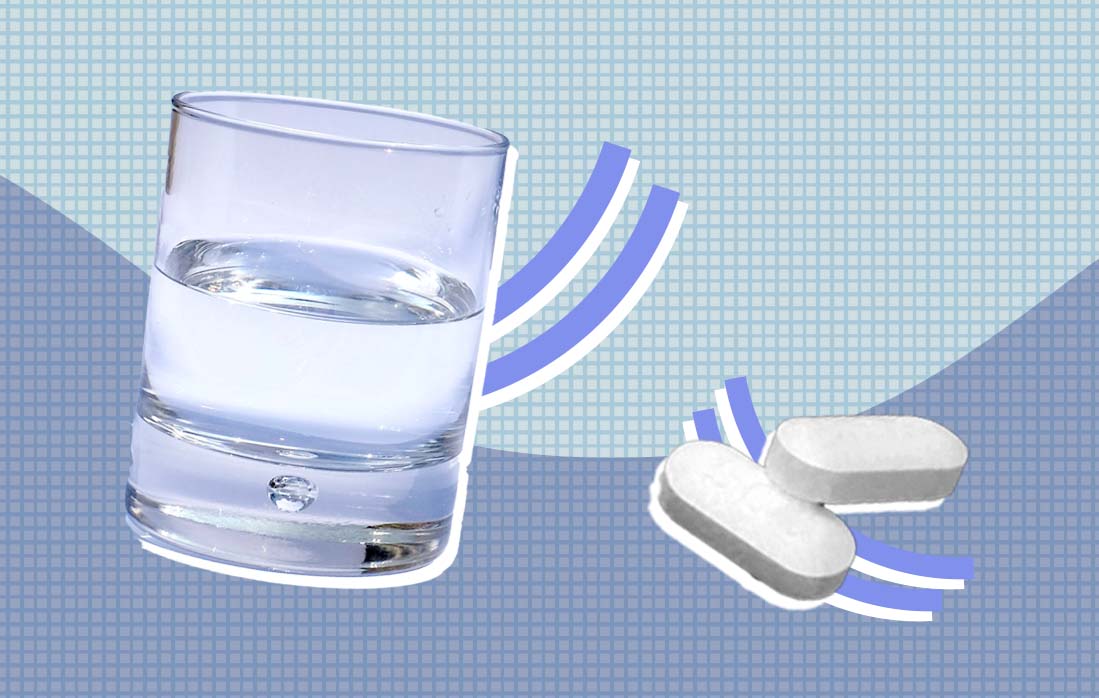
And after her shower, Becca takes 400mg of magnesium at night.
According to Cleveland Clinic healthessentials, Magnesium plays an important role in muscle and nerve function, helps regulate blood pressure and blood sugar, and works to build bones and DNA. And some take it in the form of a supplement to help them get to sleep.
While some of the data is split, some research suggests it could assist you in getting a better night’s rest. W. Christopher Winter, MD, the author of The Sleep Solution and a board-certified sleep specialist at Charlottesville Neurology and Sleep Medicine in Virginia, told Women’s Health that magnesium calms the nervous system down and plays a role in nerve function, as well as muscle relaxation. Dr. Winter explained to Women’s Health that “magnesium also helps the body maintain levels of GABA (or gamma-aminobutyric acid),” which is a neurotransmitter that Dr. Winter notes is responsible for “turning off” wakefulness.
Women’s Health also wrote that those with kidney issues, diabetes, those who overuse laxatives, and even people with an imbalanced diet could be magnesium deficient. If you’re in this boat, magnesium could have the potential to help you in more ways than one. And remember, always consult your doctor before starting a new supplement. Happy sleeping!
For additional information on sleep aids, check out our picks for The Best All-Natural Sleep Aids.
It’s always recommended to consult a medical professional when introducing anything new to your sleep routine, whether it’s a sleep aid or a new food. We hope this variety of tips from our team members has made you more curious about how different practices can affect your sleep, and most importantly, we hope it can be a small light of hope in a dark period of even more interrupted sleep than usual.